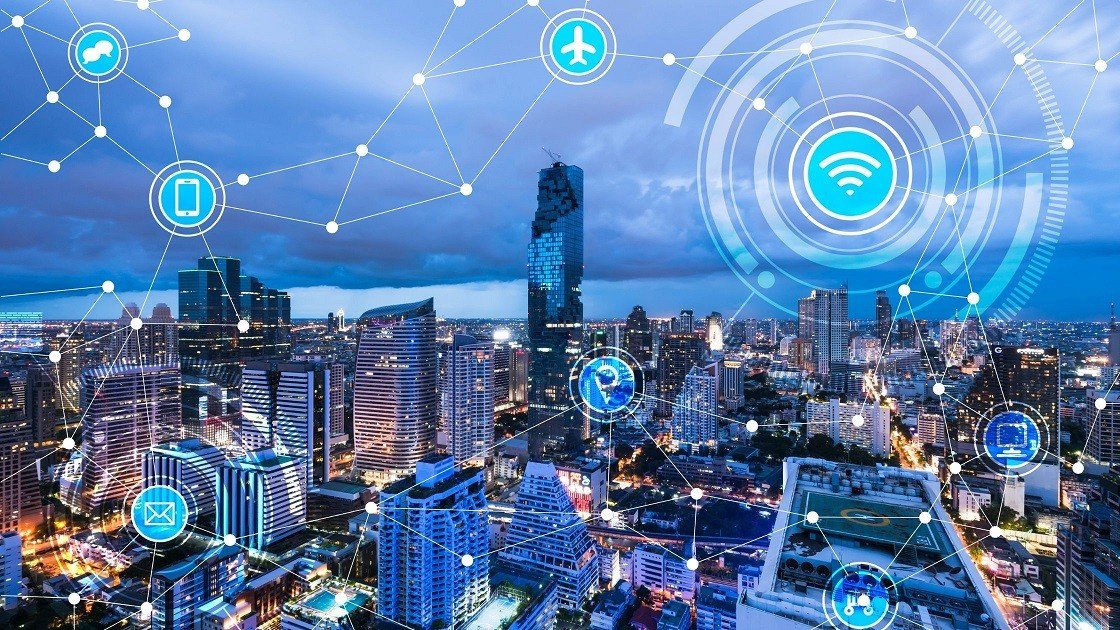In today’s fast-paced digital world, updates have become a vital aspect of technology management. Whether it’s your smartphone, laptop, or software, regular updates ensure that you are using the latest and most secure version. This article explores why updates are important jotechgeeks, focusing on the benefits they provide for security, performance, and overall user experience.
The Importance of Software and System Updates
Technology is ever-evolving, and the need for updates stems from this constant change. From fixing bugs to improving security protocols, updates provide a way to keep pace with innovation and advancements. Often overlooked, these updates can drastically affect the usability and longevity of your device or software.
Security Enhancements
One of the primary reasons why updates are essential is the increased security they offer. Hackers are continually looking for vulnerabilities in software. Older versions of applications, operating systems, and even hardware drivers can expose your system to cyber-attacks. Updates patch these vulnerabilities, ensuring your system is safeguarded against new threats.
Improved Performance
Another significant benefit of updates is performance enhancement. As developers continue to refine their products, they find ways to optimize performance. Updates may include improvements to the software’s speed, stability, or efficiency. This means that, with each update, you could see your devices or apps running faster and more smoothly.
Bug Fixes
No software is perfect upon its initial release. Despite rigorous testing, bugs can make their way into a system. Some of these bugs may only be discovered after widespread use by consumers. Regular updates ensure that these issues are addressed promptly, minimizing any inconvenience or risk to the user.
Why Regular Updates Are Critical for Cybersecurity
When it comes to protecting your personal data, no precaution is too small. Cybercriminals are constantly on the lookout for security loopholes in outdated software. These loopholes could allow hackers to steal sensitive information, such as personal identification, bank details, or corporate secrets.
Patch Vulnerabilities
Older software versions are easier targets for cyber-attacks because their weaknesses are well known to hackers. Manufacturers and developers release updates to patch these vulnerabilities, closing potential entry points for cybercriminals. Ignoring updates can leave your system exposed to malware, ransomware, and other cyber threats.
Compatibility with Security Tools
Security software, like antivirus programs and firewalls, also require regular updates to function correctly. These tools depend on why updates are important jotechgeeks threat definitions and patches to stay effective. Without them, your system’s security software may not be able to detect or prevent the latest forms of malware or phishing attempts.
Enhancing User Experience Through Updates
Besides security, updates often come with enhancements that make the user experience more intuitive and enjoyable. Developers are always looking for ways to simplify processes, making apps and systems more user-friendly.
User Interface Improvements
User interfaces evolve as feedback is gathered from users. why updates are important jotechgeeks can introduce design changes that improve navigation, readability, and accessibility. These changes may seem minor but can significantly impact how efficiently you use the software or device.
New Features
why updates are important jotechgeeks often bring exciting new features that weren’t available in previous versions. Whether it’s a new tool in a graphic design program, additional settings in a smartphone app, or better integration across multiple devices, these added functionalities can make your technology experience richer and more versatile.
Bug-Free Experience
Frequent why updates are important jotechgeeks help in delivering a seamless, bug-free experience to the user. The developers fix minor issues in each update, which, in turn, leads to fewer crashes, glitches, or problems in using the device or software. Staying updated ensures you’re using the most stable and reliable version available.
The Role of Updates in System Longevity
Keeping your devices and software updated doesn’t just improve performance in the short term—it also plays a crucial role in their overall longevity. Regular updates can extend the life of your hardware and software, helping you avoid costly replacements or repairs.
Improved Battery Life and Resource Management
For mobile devices, updates can improve battery management by optimizing how background processes are handled. Similarly, updates on laptops or desktops may enhance CPU usage, ensuring that your device runs smoothly without overheating or consuming excessive power.
Support for New Technologies
As technology advances, new standards and protocols emerge. Updates ensure that your device or software can keep up with these changes, allowing it to remain compatible with new technologies. For example, an operating system update might enable your computer to support the latest Wi-Fi or Bluetooth standard, or your smartphone might receive an update to use new app features that weren’t previously supported.
Why You Shouldn’t Ignore App Updates
When it comes to mobile apps, the convenience of ignoring updates can be tempting, especially if your current version seems to be working fine. However, overlooking these updates can lead to various problems, including app crashes, security breaches, and missing out on new features.
Avoiding App Crashes
App developers are constantly working to improve the stability of their applications. Ignoring updates can lead to app crashes and performance issues. In worst-case scenarios, outdated apps might become incompatible with your device’s operating system, leading to functionality loss or complete app failure.
Getting the Most Out of Your Apps
Staying updated means having access to the latest features and tools. Over time, app developers often introduce new functionalities that improve how the app works or adds entirely new features that enhance user experience. By ignoring updates, you might miss out on these improvements.
Why Regular System Updates Prevent Obsolescence
As technology advances, the devices and software we use gradually become outdated. However, regular updates help delay this process by keeping your system up-to-date with the latest standards, protocols, and technologies.
Prolonging Device Lifespan
System updates ensure that your hardware remains compatible with newer software, applications, and services. Without these updates, you might find that your device becomes obsolete faster than it should. Regular updates ensure compatibility with evolving technology and prolong the usable lifespan of your device.
Staying Competitive in Business
In the business world, staying updated with the latest technology is crucial for competitiveness. Outdated systems can result in inefficiencies, security vulnerabilities, and lost productivity. By ensuring that all business devices and software are regularly updated, companies can remain agile, secure, and competitive in their respective industries.
Conclusion
In conclusion, updates are critical for maintaining the security, performance, and longevity of your devices and software. Whether it’s patching vulnerabilities, improving performance, or introducing new features, staying updated ensures that you are getting the most out of your technology. By regularly updating your systems, apps, and devices, you protect yourself from potential threats while also enjoying an enhanced user experience. Don’t overlook the importance of updates—your technology will thank you for it.
FAQs
Why are software updates so important for security?
Software updates address known security vulnerabilities, making your system more resistant to cyber-attacks. These updates patch loopholes that hackers might exploit, keeping your data safe.
Can ignoring updates slow down my device?
Yes, ignoring updates can lead to performance issues over time. Updates often include optimizations that help your device run more efficiently, improving speed and stability.
What happens if I ignore app updates?
Ignoring app updates can lead to compatibility issues, app crashes, and security vulnerabilities. Updates not only bring new features but also enhance the stability and security of the app.
How do updates improve battery life?
Updates often include enhancements to resource management, such as how your device handles background processes. This can improve battery life by reducing unnecessary power consumption.
Are all updates necessary?
Most updates are necessary to ensure security, performance, and compatibility. However, some updates might only include minor improvements. It’s generally best to keep your devices and apps updated to avoid any potential risks.
What are the risks of not updating my software?
The risks include increased vulnerability to cyber-attacks, poor device performance, compatibility issues, and missing out on new features. Over time, this can lead to a less secure and inefficient user experience.











